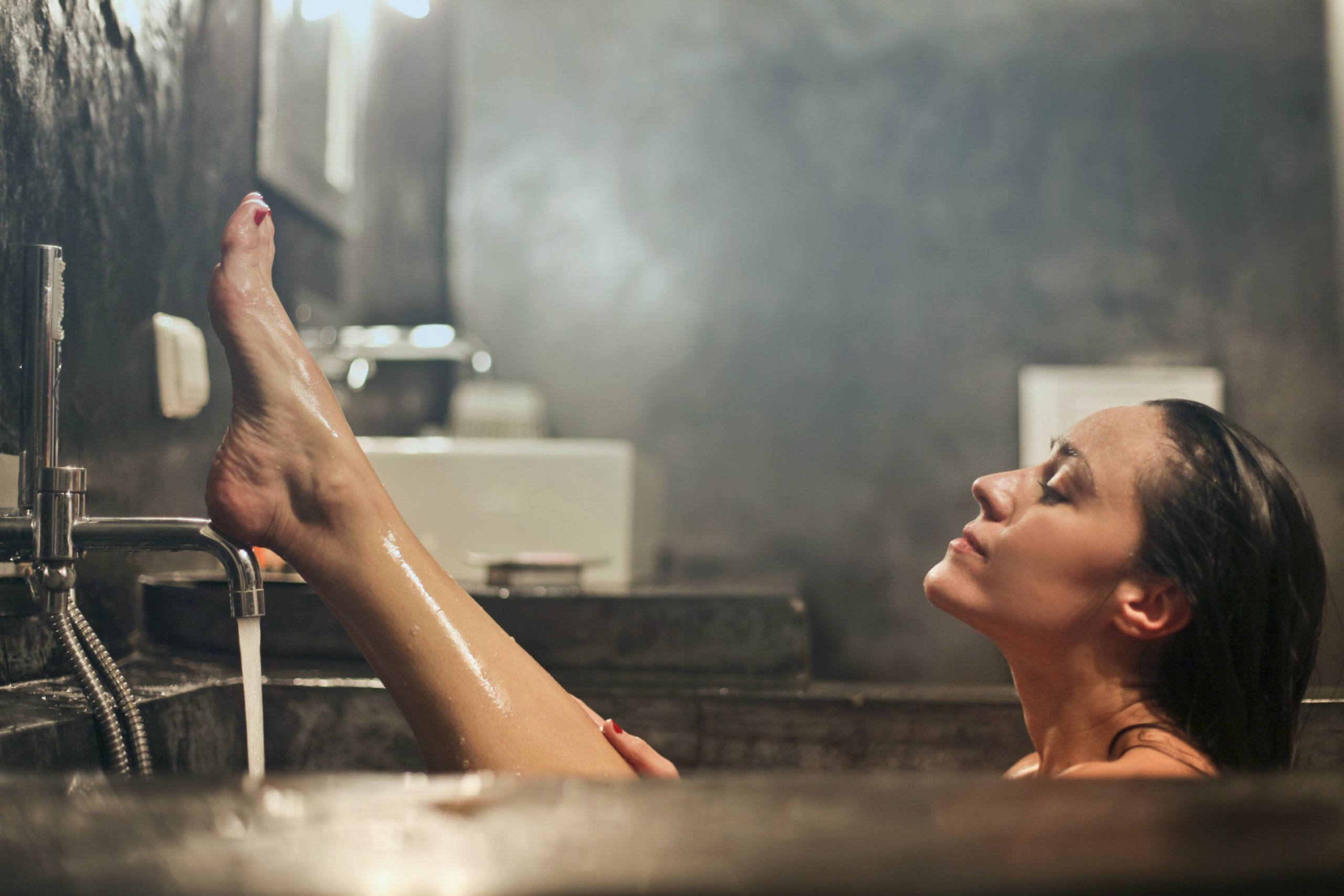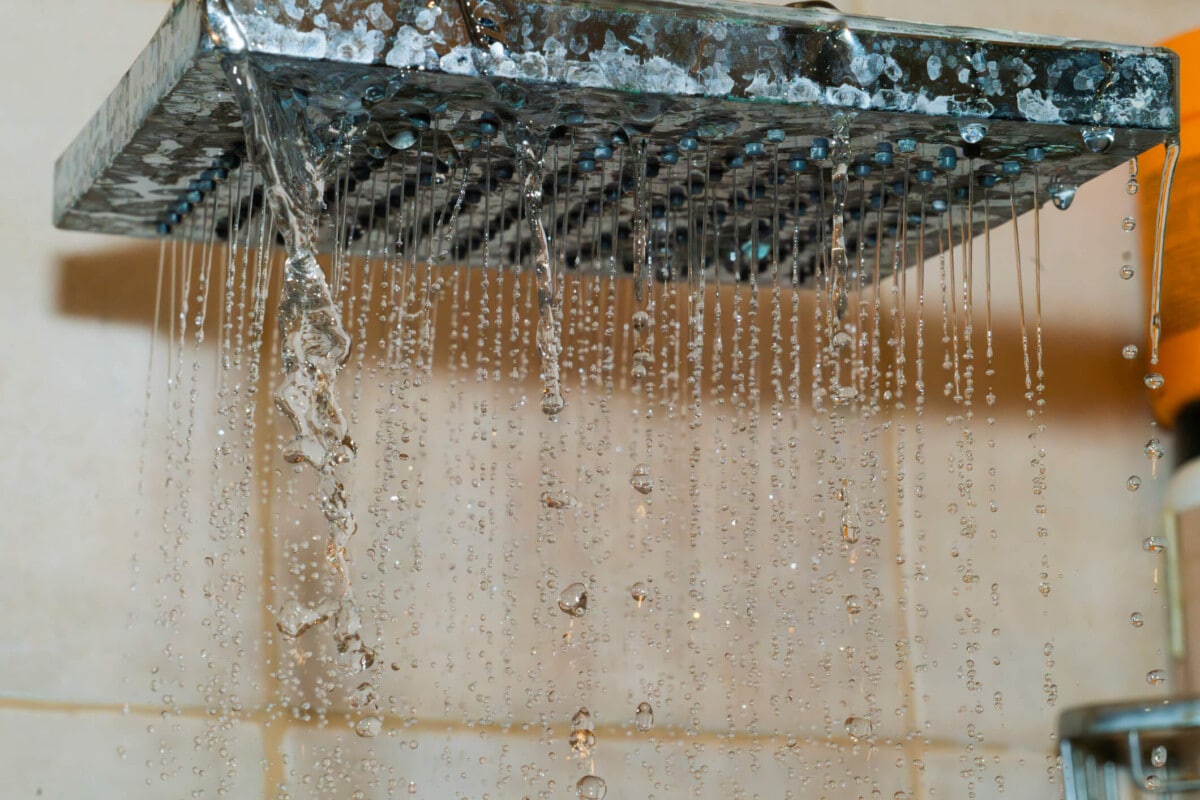Bath vs Shower: Which One Is Right for You?

In homes across the UK, one age-old question continues to divide households: which is better, a bath or a shower?
Whether your style is a quick rinse to start the day or someone who lives for a long, relaxing soak, the bath vs. shower debate isn’t just about personal preference. It touches on hygiene, wellbeing, water usage and even skin health. At Premier Care, we’re passionate about the benefits of both showers and baths, so let us help you get to the bottom of this debate.
Whether you’re Team Bath or Team Shower, we’ll explore the pros and cons of both and settle this argument once and for all.
Bath vs Shower: What Are the Differences?
At first glance, it might seem obvious what the core differences between a shower and a bath are. Experience, duration and water usage all play their part.
- Baths involve immersing your body in still water - great for relaxation, skincare rituals, and muscle relief
- Showers, on the other hand, involve standing under a stream of running water - ideal for quick cleanses, post-workout hygiene, and invigoration
Beyond that, the decision between a bath or a shower may also be influenced by bathroom design and lifestyle. Having mobility requirements, such as needing space for an elevated toilet or a bathroom bench, may impact whether you feel more comfortable having a bath or a shower.
What Are the Benefits of Baths?
Baths aren’t just about bubbles and candles; they can have meaningful health and wellness benefits, too.
Mental and Physical Relaxation
Warm baths can help reduce stress, ease muscle tension and promote relaxation. Soaking in hot water increases blood circulation, which can help ease aches and pains.
Better Sleep
Studies show that a warm bath taken 90 minutes before bedtime can improve sleep quality by lowering your core body temperature and signalling your body to wind down.
Skin-Soothing Additives
Baths allow you to incorporate beneficial ingredients into the water, such as:
- Epsom salts – for muscle recovery
- Oatmeal – for eczema and dry skin
- Essential oils – for aromatherapy
- Milk baths – packed with vitamins and lactic acid to nourish the skin
Calming Rituals
Baths offer a rare moment of stillness. Lighting a candle, reading a book or simply breathing deeply while soaking can become a powerful self-care habit. In fact, baths are now considered a crucial step in perfecting your wellness routine, for TikTokkers and the elderly alike!
Get a FREE Brochure
Fill out the form in seconds and discover our full range of assisted bathing showers and baths.

What Are the Benefits of Showers?
Showers may be fast and functional, but they also offer several distinct advantages.
Better Hygiene
Showers rinse dirt, sweat and bacteria straight down the drain - ideal after exercise or long days outdoors. Dermatologists also recommend showers for effectively washing off skin and hair products.
Skin Health
Short, lukewarm showers are great for your skin. They cleanse without stripping natural oils and open pores to release build-up. Bonus: they pair well with body brushing to boost circulation.

Cold Showers for Health
Thanks to health figures like the Ice Man, Wim Hof, cold showers are gaining popularity. Benefits may include:
- Reduced stress
- Improved circulation
- Boosted immunity
- Faster recovery post-exercise
- Enhanced alertness
Even if a cold blast isn’t your thing, contrast showers (alternating between hot and cold water) can still offer therapeutic effects.
Efficiency & Accessibility
Showers are quick, convenient and often more accessible, especially when paired with features like grab rails or an elevated toilet in the bathroom layout.
Final Thoughts: Shower or Bath?
As you can see, when it comes to the bath vs. shower debate, there’s no clear winner. Each has its own set of benefits, depending on your mood, schedule and personal needs. A bath ultimately comes out on top if you’re after some much-needed rest and relaxation, or want to soak your muscles. But a shower remains the go-to option when you need a quick refresh as part of your daily routine, or want to practice cold therapy.
For those with accessibility concerns, there are plenty of ways to tailor a bathroom to your requirements, such as walk-in showers and walk-in baths, which can make the bathroom both comfortable and stylish.
So, which will it be for you today – an energising shower or a luxurious soak?
FAQs
What uses more water, a bath or shower?
- The average bath uses around 80 litres of water
- A 5-minute shower with a standard shower head uses 35–45 litres
- With a water-saving showerhead, this can be even less
However, long showers (10+ minutes) can use as much water as a bath, so it all comes down to your personal habits.
Why are people replacing baths with showers?
People are swapping baths for showers due to:
- Time-saving convenience
- Water efficiency
- Mobility concerns (e.g. elderly users benefiting from walk-in showers and elevated toilets)
- Bathroom space optimisation
Modern renovations often prioritise sleek shower enclosures for these reasons.
Do the British prefer baths or showers?
Surveys suggest that showers are the preferred option for most Brits, with busy lifestyles and time-saving tactics to blame. Baths are still beloved but tend to be viewed as more of a luxury or weekend indulgence.
Do most people a shower or bath?
Globally and in the UK, showers are the norm. Most people shower daily, while baths are typically enjoyed 1–2 times a week, depending on personal routines and time availability. Some dermatologists have claimed that showering too much may lead to drier skin, which may also be a factor to consider.
